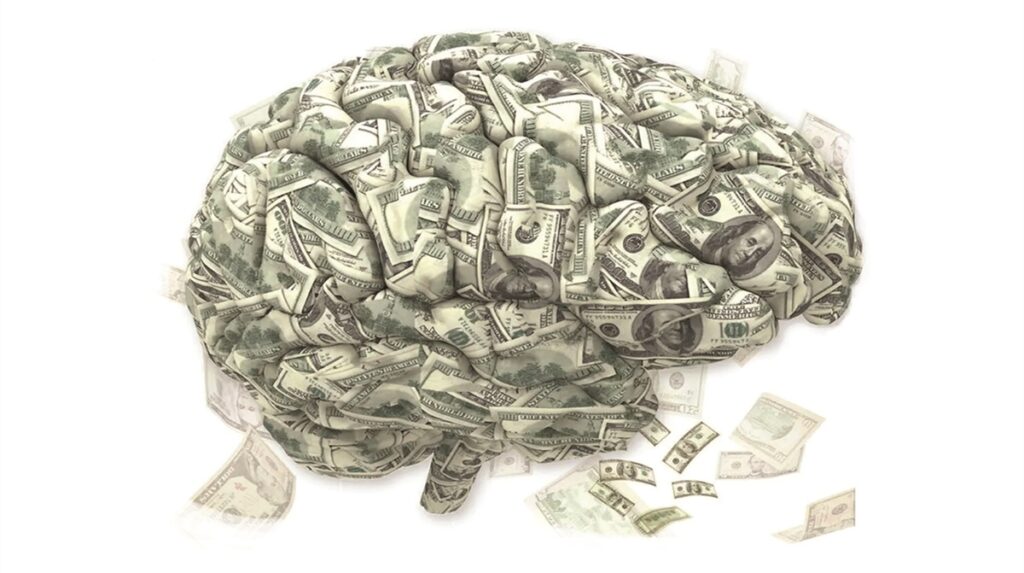What is Your First Money Memory?

Dr. Sonya Lutter, Ph.D., CFP, LMFT, often asks her clients about their first money memory. She once had a couple sculpt their first money memory with Playdough.
The husband hadn’t been very conversational in their early meetings so she wasn’t confident he would
participate in the exercise. But he did in the most surprising way.
“He picked up his Playdough and he made the most amazing pig from Playdough you’ve ever seen,” Dr. Lutter said. “He got out his pen from his back pocket and made all the indentions and a nice little squiggly tail.”
She thought he was going to tell a story about a piggybank, but he told a story about raising a piglet for the county fair when he was a child – about 8 or 9 years old. When he took the piglet to the fair, it was sold, and his parents took the money. He had nothing to show for all his hard work and sacrifice.
“His wife looked at him and said, ‘Now I get it – now I understand why you want to know where every single penny is and why you’re always questioning my spending,’” Dr. Lutter said.
Dr. Lutter noted that in some of the research she’s done, she’s found our earliest money memories impact our satisfaction both with our money and our relationships.
“It’s so enlightening in terms of how people engage with their money right now,” Dr. Lutter said.
The couple she mentioned became more conversational and together they built a spreadsheet, so they were both involved and aware of what was going on with the finances.
Forbes reported that we form our beliefs about money when we are little from messages from both our family and society.
How might your money memories impact you? In the book Find Your Freedom: Financial Planning for a Life on Purpose, Ron Carson and Jamie P. Hopkins offer the following takeaways from their chapter on money memories and their role in your money story.
Our first money memories can be transformational to our life experiences.
Our relationship with money is determined at an early age.
Our relationship with money is not just financial and rational, but emotional and transformative.
Money can come from a place of joy or pain.
Money is about ability—it can enable us to achieve many things.
The pair also offer some reflection questions for you to examine your own money memories:
What is the first memory you have of money?
How would you describe your parents’ approach to money
What is one thing you’d like to emulate about your parents’ approach to money?
What’s one thing you would not want to emulate about your parents’ attitudes, beliefs, and behaviors
around money?
What is one financial accomplishment you’re proud of?
What financial situation has caused you to feel disappointed or embarrassed?
We’d love to hear your answers to these questions! Let’s set up some time to go over them.